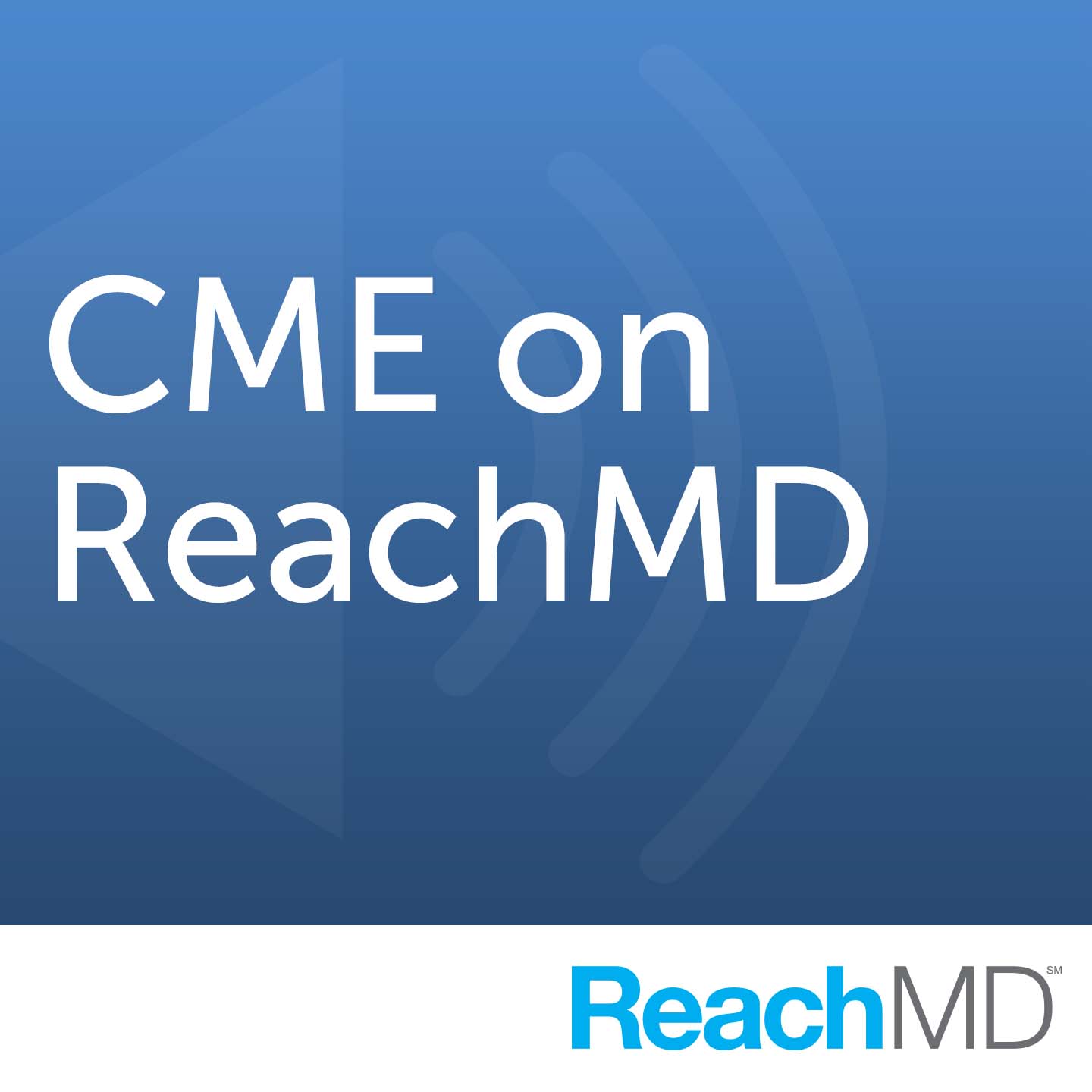Challenges with Effective Diagnosis and Management of Bipolar 1 and 2 Depression

b'Guest: Joseph F. Goldberg, MD
\\n\\n Guest: Manpreet Kaur Singh, MD, MS
\\n\\n\\n \\n
Given the nature of symptom presentation of bipolar depression, patients can go undiagnosed for months, if not years. Moreover, these patients are at the risk of being misdiagnosed as having unipolar depression rather than bipolar depression, causing them to be at greater risk for being mismanaged. Effective management of patients with bipolar 1 and 2 depression is vital to enhance their quality of life and reduce functional disability. Health care providers (HCPs) need to be aware of the shortcomings of traditional monotherapy and adjunctive therapies; considering the ramifications associated with their side effects and efficacy, they have both adherence challenges and significant relapse rates. Additionally, HCPs must stay abreast of the pharmacological profiles of new and emerging agents.
This program discusses the timely diagnosis and effective management of bipolar 1 and 2 depression. Furthermore, clinicians will become familiar with algorithms and guidelines for effectively diagnosing and managing patients with bipolar depression. Through the timely diagnosis and effective management of patients with bipolar 1 and 2 depression, these patients spend less time unwell and their overall quality of life and functional outcomes are positively impacted.
'